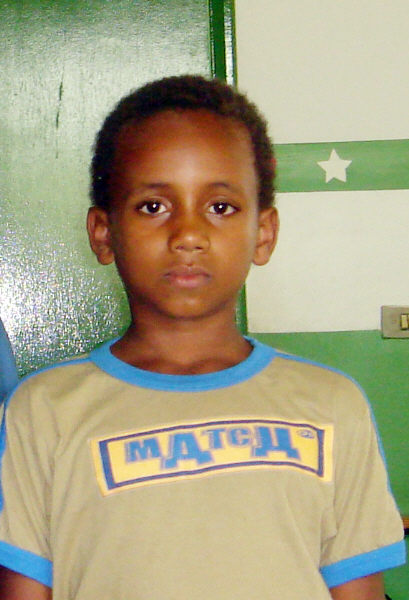Ten-year-old Majdy Imad says he cannot stand being an orphan anymore. After losing his parents and two sisters on 17 November, 2006 in sectarian killings, he was taken to an overcrowded, under-resourced Baghdad orphanage – a move that forced him to leave his school.
Majdy has only one relative; an uncle who lives outside Iraq. Majdy cries every time he remembers his family. Desperate for love and care, he told IRIN that sometimes he thinks it would have been better if he had been killed with his family rather than enduring the life he is leading now.
“I need someone to take care of me because I can’t stand the life of an orphan anymore. I am used to being loved, which I don’t find here in the orphanage.
“My parents and sisters were killed in our home when a gang forced them to leave the house. When they refused, they were all shot dead. No one was there to help them.
“At the time, I was at a friend’s house. He had a birthday party and after insisting a lot, my father agreed to take me there - and I think it was because God wanted me to survive.
“After the party, it was getting late but my parents hadn’t come to collect me so my friend’s father decided to take me home. I arrived to find the shock of my life. Police cars were at the door and dozens of people were standing in front of my home. A neighbour rushed to me and took me to her home before I could go inside our house.
“Two hours later, I was taken for interrogation at the district police station and since then I have never gone back home. I was taken to a neighbour’s house who tried to find my uncle in Jordan. When she spoke with him, he just told her that he didn’t know what to do with me and hung up.
“Once a man who always visits here tried to do something bad with me [sexual harassment] but I hit him in his stomach and went out of the room shouting for help. Thank God a secretary came and forced the man to leave. He never came back again but we never know what can happen tomorrow.
“I don’t sleep well, I don’t feel like eating. The only thing I need is someone to take care of me. I understand that I will never meet my family again but I hope someone needs a son to look after. I promise I’ll be a good boy, do homework, help them with chores and never make them sad.
“I want a family again and I’m ready to go wherever they want just to be far away from this place and find again the warmth of someone who can substitute for my family’s care.”
as/ar/ed
This article was produced by IRIN News while it was part of the United Nations Office for the Coordination of Humanitarian Affairs. Please send queries on copyright or liability to the UN. For more information: https://shop.un.org/rights-permissions





